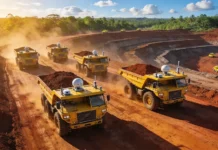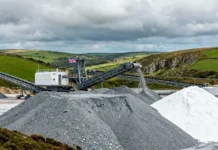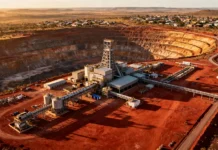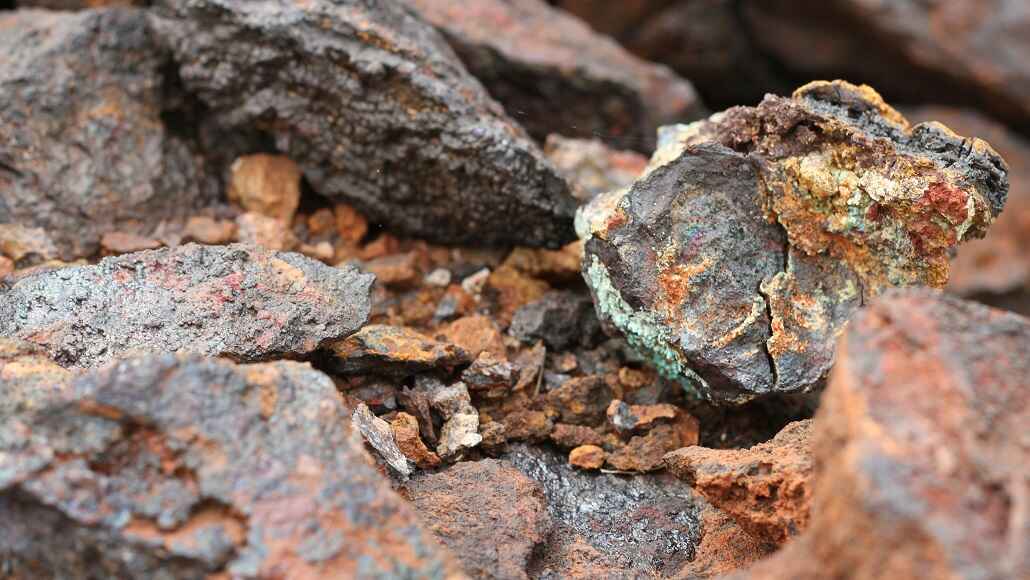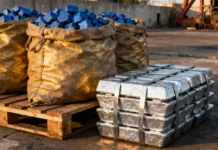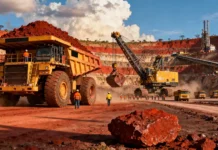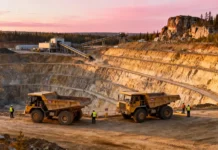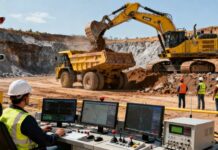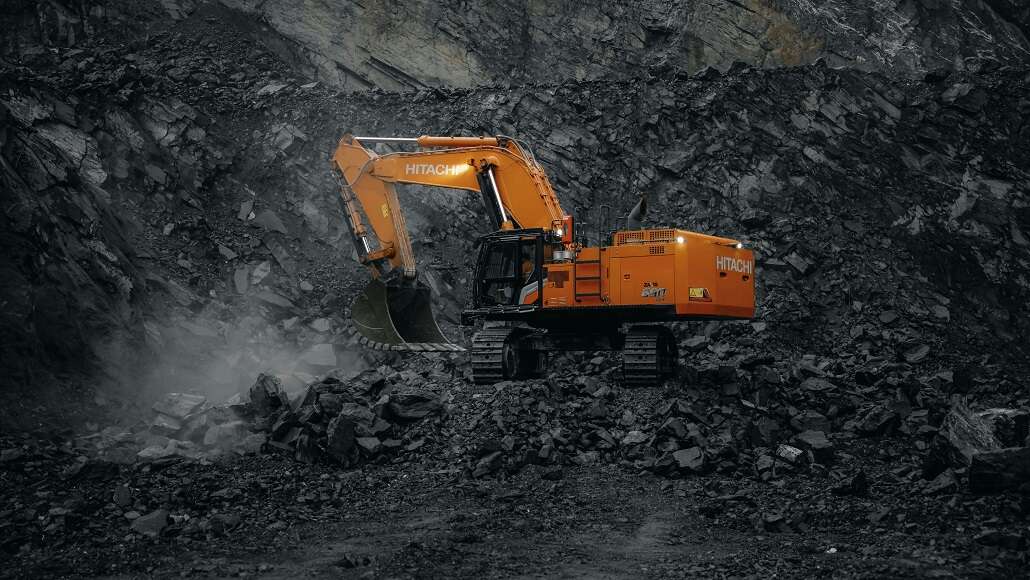The Alberta Energy Regulator (AER) has been approved with conditions for applications for a coal exploration programme (CEP) by Northback Holdings, a deep drill permit (DDR), and a temporary diversion license (TDL) at the Grassy Mountain site within Southern Alberta, Canada.
The decision was made after a public hearing along with careful consideration when it came to the application’s adherence as far as regulatory and public interest requirements were concerned, stated the AER.
The CEP, apparently, involves conducting the exploration on public lands; the DDP goes on to drill to a depth anywhere between 150 m and 550 m, and TDL encompasses taking out 1500 cubic meters of water from an end lake when it comes to exploration drilling activities.
These applications happen to be a part of an effort made by Northback in order to better understand the extent when it comes to the Grassy Mountain coal deposit and structurally model the coal seam intricacies.
The coal exploration programme is all set to take place within the present Un reclaimed grassy mountain mine site, thereby targeting coal seams, which are in the mist mountain formation, in order to get raw coal samples and also enhance knowledge of the coal deposit.
The AER panel went on to find out that the coal exploration programme, which happens to include 23 drill pads as well as 33 boreholes along with 11 drill pads and 14 boreholes on public land, is not going to result in any new disturbances, as it will make use of existing roads as well as land that was previously distributed.
Notably, the sites are going to be reclaimed to their previously disturbed state after the drilling operations are completed.
It is well to be noted that Northback also went on to conduct First Nations consultation, which is a part of the CEP application process.
The decision has already been communicated to all the hearing participants as well as the company, with the CEP application especially pertaining to activities that are conducted on public lands.
It is well to be noted that the project was initially rejected in 2021 when there was a panel that determined that the potential environmental effects on fish as well as water quality outweighed any kind of possible economic benefits. But the project was introduced after a couple of years, and it was in 2024 that it received an exemption from the ban on open-pit coal mines in Alberta, as it was classified as an advanced proposal.


